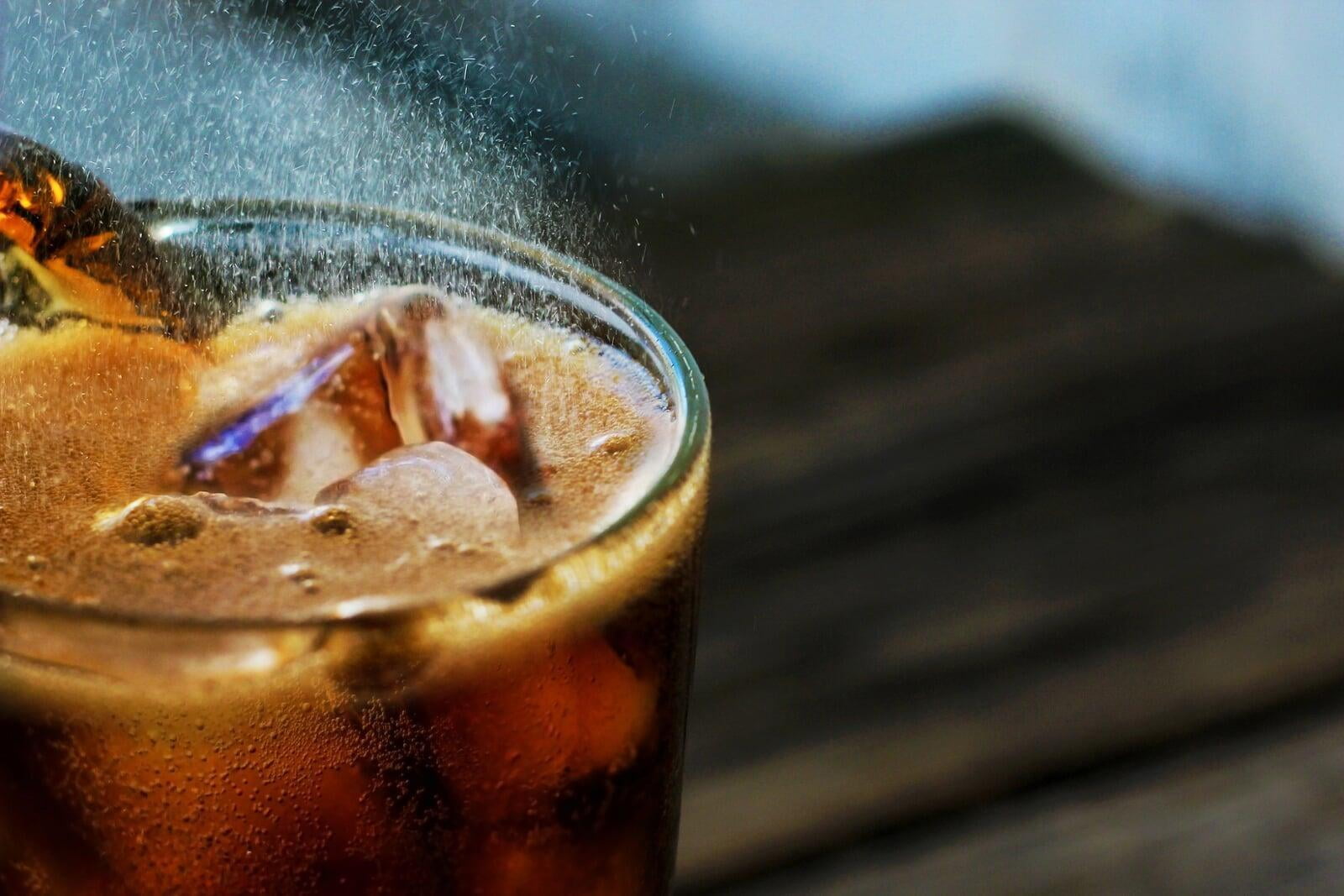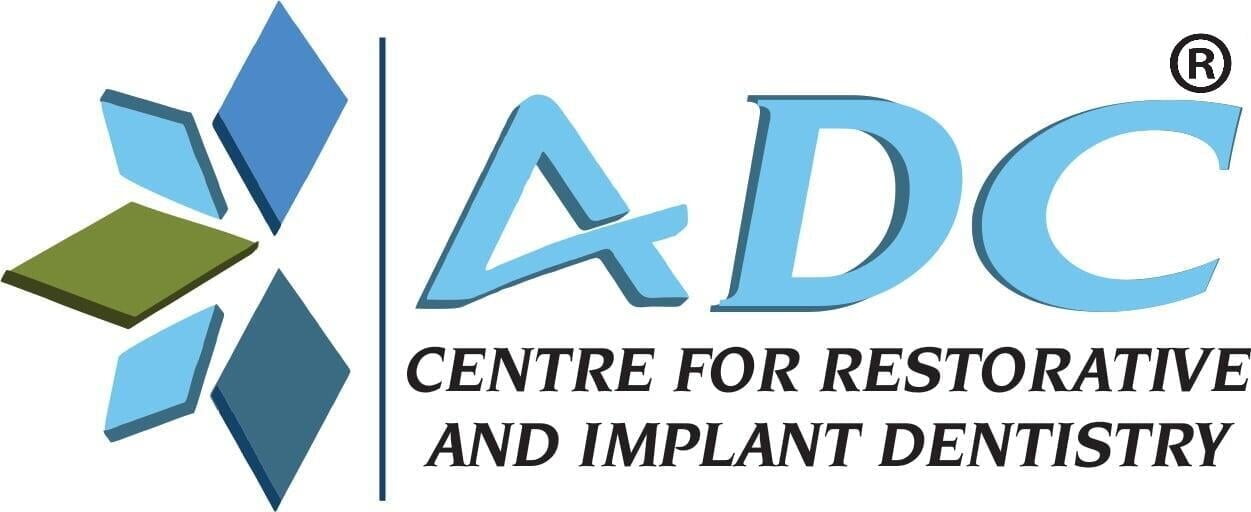One of the traits of a beautiful face is having white teeth, which has a significant psychological effect. After having your teeth professionally whitened, there are a few things you should avoid doing.
Today's world has practically become obsessed with having white teeth. New tools and products constantly claim to brighten and whiten teeth. While having whiter teeth has many advantages, professional teeth whitening is worth the extra cost because the results will stay far longer than those achieved with at-home methods. In the days and weeks after your treatment, it's critical to stay away from specific foods, beverages, and items that can stain to protect your investment.
You can attain a brighter smile with a dental surgeon's teeth whitening process than with over-the-counter whitening strips. Following professional teeth whitening, you can extend the life of your newly whiter smile by being cautious about the things you eat during the first few days.
Things to avoid doing after teeth whitening - Avoid these things
It is simple to overlook that you are in a post-treatment stage because teeth whitening is a rather straightforward operation. People frequently believe that professional teeth whitening can make teeth even more discoloured. This is false in the way most people interpret it to mean—that you will require treatment more frequently.
Contrary to popular belief, you will only require treatments as frequently as a result, which is what most individuals mean when they say this. Your teeth will be more vulnerable to discolouration from dark-coloured foods and beverages immediately following the teeth-whitening operation. The reason is that the dentist applies a high-strength whitening gel after opening the "pores" (or tubules) in your teeth during the teeth-whitening operation. The tenacious stains on your teeth are bleached by this gel, which penetrates the tooth enamel. Therefore, be cautious about what you consume while your teeth are still getting used to the whitening procedure. This stage will make these pores more susceptible to discolouration. Listed below are a few things to stay away from.
Following a professional teeth whitening procedure, it is advised to avoid acidic, coloured foods and beverages for 48 hours and to stick to items that won't stain your teeth. This short-term diet is called the "White Diet" and consists of light and light-coloured meals and beverages. Continue reading to learn more about the White Diet, what foods to avoid, and what foods you can safely eat after whitening your teeth.
How does the White Diet function?
How does the White Diet function?
After receiving professional whitening, your teeth become slightly porous, and the dentin layer is briefly visible. After teeth whitening, acidic foods with dark tints can easily stain your teeth. Following the White Diet for 48 hours following a teeth-whitening process will help the sensitivity go away by minimizing the number of dyes and pigments that come into contact with your teeth.
Avoid these foods and beverages after teeth whitening
The foods and drinks listed below contain natural and synthetic dyes, which can accumulate over time and cause discolouration.
These foods are not mandatory lifelong bans. Many dentists advise avoiding these items for around two days because the first few days following a whitening process are when your teeth are most sensitive.
Wine
Both white and red wines might be bad for your teeth's colour and enamel. Red wine has a high acid content and is likely to leave stains due to its dark hue. Despite its lighter hue, white wine can nonetheless damage enamel.

Tea & Coffee
It could be difficult to break your coffee or tea habit for a few days, but doing so will help you avoid one of the main causes of stains.
Tannins found in coffee and tea can accumulate over time and darken the colour of your teeth. When your teeth are most porous, after a professional whitening, tannins can discolour them much more quickly.
Cut back on coffee and tea for a few days after you've whitened your teeth. If you must drink your morning coffee daily, think about using a straw to prevent contact with your teeth.
Soft beverages
Avoid anything if it fizzes. The acid and sugar content of carbonated beverages can erode dental enamel. Dark-coloured colas can also cause surface stains. Even if you are not on the White Diet, avoiding soft drinks can help you have whiter, healthier teeth.
Chocolate and candies
Refined sugars can cause erosion, discolouration, and damage, especially if your teeth are still sensitive to teeth whitening. After your procedure, stay away from chocolate and candy with artificial colours.
Nuts and Fruits
Fruits with dark hues contain a lot of pigments that can discolour your teeth. Highly acidic fruits might also cause enamel degradation. Avoiding fruits with dark juices, such as raspberries, cherries, pomegranates, blackberries, and blueberries, may be of assistance. Avoid the juices made from these fruits as well. Though it's safe to consume your favourite fruits again 48 hours after whitening, don't eliminate healthy fruits from your diet for an extended period.

Stay Away from Cold Beverages
Avoid consuming highly coloured beverages after your whitening procedure, especially:
- Red wine
- Coffee
- Tea
- Beer
- Fruit juices
- Sodas
Due to their vivid or synthetic colouring, these beverages frequently stain teeth. Consider using a straw for your morning coffee or a wine at happy hour. Straws assist in keeping beverages away from your teeth, preserving the brilliance of your smile.
Avoid Foods that Stain
A wide variety of meals should be avoided following teeth whitening, just like avoiding some drinks. Acidic, fatty, and colourful foods erode your enamel and cause stains.
Following teeth whitening, you should stay away from the following typical foods, along with specific instances of each:
- Sauces with a deep colour (red sauce, soy sauce, balsamic vinegar, etc.)
- Spices with various colours (curry, paprika, turmeric, etc.)
- Red meat
- Oranges and other sour fruits (lemons, oranges, limes, mangoes, kiwis, plums, etc.)
- Dark-coloured berries (blueberries, blackberries, raspberries, etc.)
- Vibrant vegetables (tomatoes, carrots, spinach, etc.)
- Dark and milk chocolate
- Candy with natural and synthetic colours
If it stains a shirt, it will also stain your teeth, which is a solid rule of thumb. Avoiding these items, you can ensure your teeth will stay white much longer.
Eliminate Tobacco Products
Using tobacco products not only damages your dental health overall, but it is also one of the quickest ways to stain or restain your teeth. Particularly in comparison to individuals who don't use tobacco products, those who smoke or chew tobacco may discover that they must frequently touch up their teeth to keep a white grin. It's advised to stop chewing and smoking for health reasons and to maintain the whiteness of your teeth.
Resist Using Colored Dental Hygiene Products
Avoid using coloured dental products like toothpaste and mouthwash days after your teeth whitening procedure. Compared to white or light-coloured products, blue, red, orange, and purple hues can restain your teeth more quickly. After bleaching, you could also notice that your teeth are a little more sensitive. To treat this frequent symptom, use sensitive-tooth toothpaste and mouthwash. Which solutions are best for you should be discussed with your dentist.
What to Eat and Drink After Whitening Your Teeth
What to Eat and Drink After Whitening Your Teeth
Here are some things you should eat after having your teeth whitened now that you are aware of those you should avoid. These meals are generally white in colour, low in acidity, and free of the colours and chemicals that can cause stains, just as the name implies.
- Chicken, fish, and tofu: Light, lean proteins are ideal after teeth whitening and are generally healthy. Be careful when using colourful seasonings or sauces with your meal; stick to white sauces instead.
- Pasta, rice, and bread: On the White Diet, most grains are okay to eat. But watch out for bread and pasta with molasses or food colouring listed as an ingredient; these are frequently used to give bread and pasta a phoney darker tint, which can transfer to your teeth.
- White Cheese & Yogurt: Skip the sweet, flavoured yoghurts and cheeses that are tinted artificially. Plain yoghurt and white cheese are great options for this diet.
- Fresh fruit & vegetables: The White Diet includes a lot of fruits and vegetables that are light in colour. Fruits and vegetables like cauliflower, potatoes, apples, pears, bananas, and bananas are wonderful for your overall health and teeth.
- Water: Water is the finest beverage for hydration, oral health, and a bright smile. Water should be your primary beverage choice while following the White Diet because it cannot discolour your teeth or wear down your enamel.
For 10–14 days after your treatment, you might want to try a "white diet," which consists of white or colourless items. Following teeth whitening, the following foods and drinks are acceptable for your teeth:
Beverages you can have:
- Sparkling or still water (unflavored
- Milk
- Coconut water
- The coconut milk
- White wine
- Clear mixers and alcohol (gin, tonic, vodka, club soda, etc.)
Additional Techniques for Maintaining Your Whitened Teeth
- Give up smoking: It can be challenging to eliminate the yellowing of the enamel caused by nicotine, which can be found in cigarettes, chewing tobacco, and electronic cigarettes. Giving up cigarettes will benefit your teeth as well as your oral health in general.
- Routine cleanings and examinations of the teeth: You shouldn't just see the dentist for teeth whitening; frequent examinations and cleanings work hand in hand with whitening treatments to maintain the health of your smile.
Additional Aftercare Practices
Be sure to brush, floss, and clean your tongue every day in addition to using anti-sensitivity toothpaste. Most patients have sensitivity for one to three days. Consider taking acetaminophen or ibuprofen to ease the discomfort in the interim. You can start using mouthwash again after the first 48 hours.
Additionally, our dentists will give us some at-home bleaching trays. These extend the initial treatment results, but you must be strategic. Otherwise, you'll make your teeth more sensitive: When utilizing the at-home trays, think about doing so once every six months, especially if you frequently consume wine or coffee. One tray ought to last several days. Place the tray in your mouth for one to two hours after adding the whitening gel. However, limit yourself to up to two touch-ups every period.
Conclusion
The professional teeth whitening procedure is a safe and simple process that can significantly alter your appearance. White teeth are one of the characteristics of a beautiful face and can make a great impact on people. There are a few things you should refrain from doing after having a professional dentist whiten your teeth. This makes it possible for you to sustain your results for longer. For the first several days following the teeth whitening operation, you should abstain from coloured and pigmented meals and beverages. However, doing some of these practices after this time will generally be good for your teeth.














